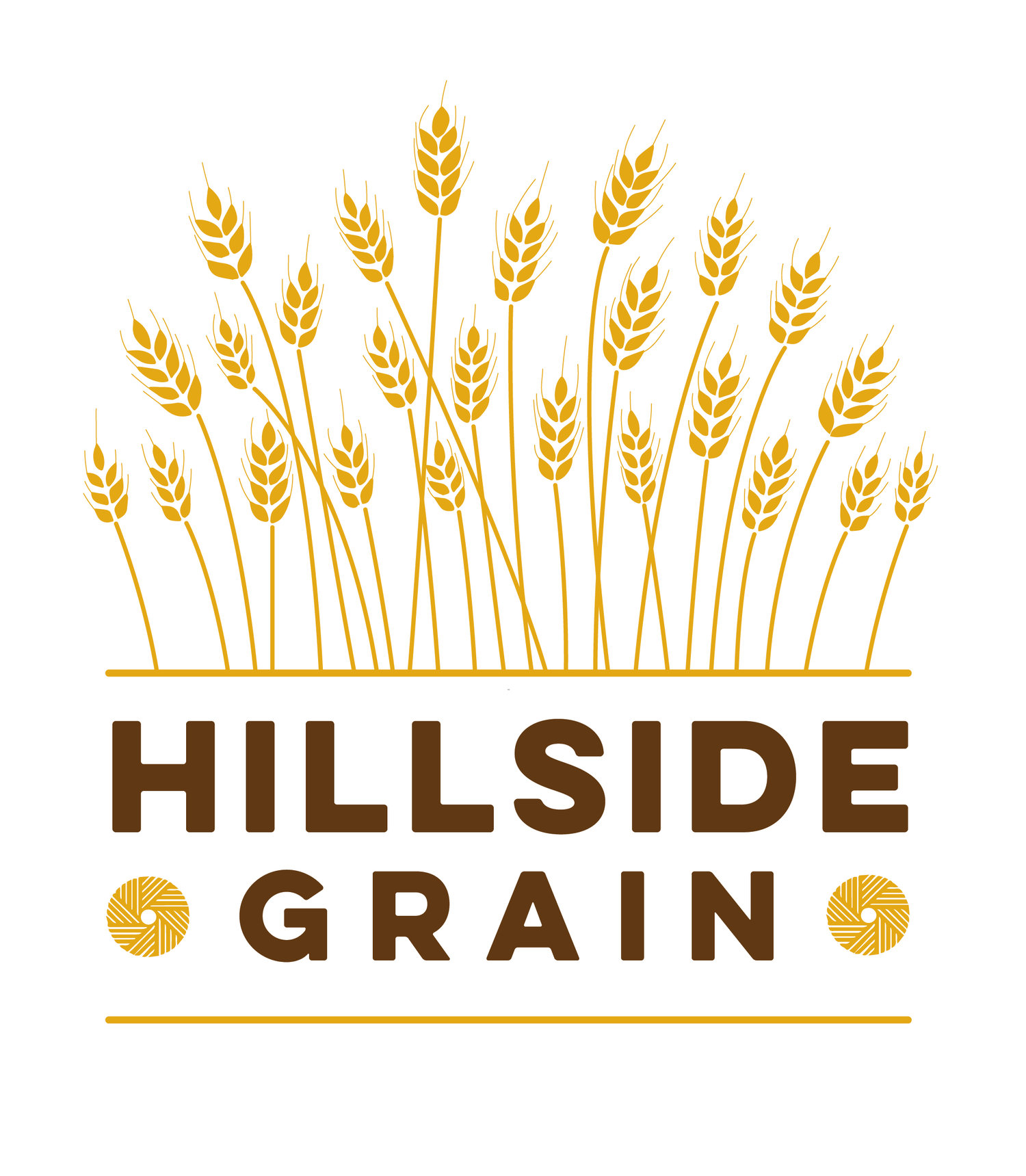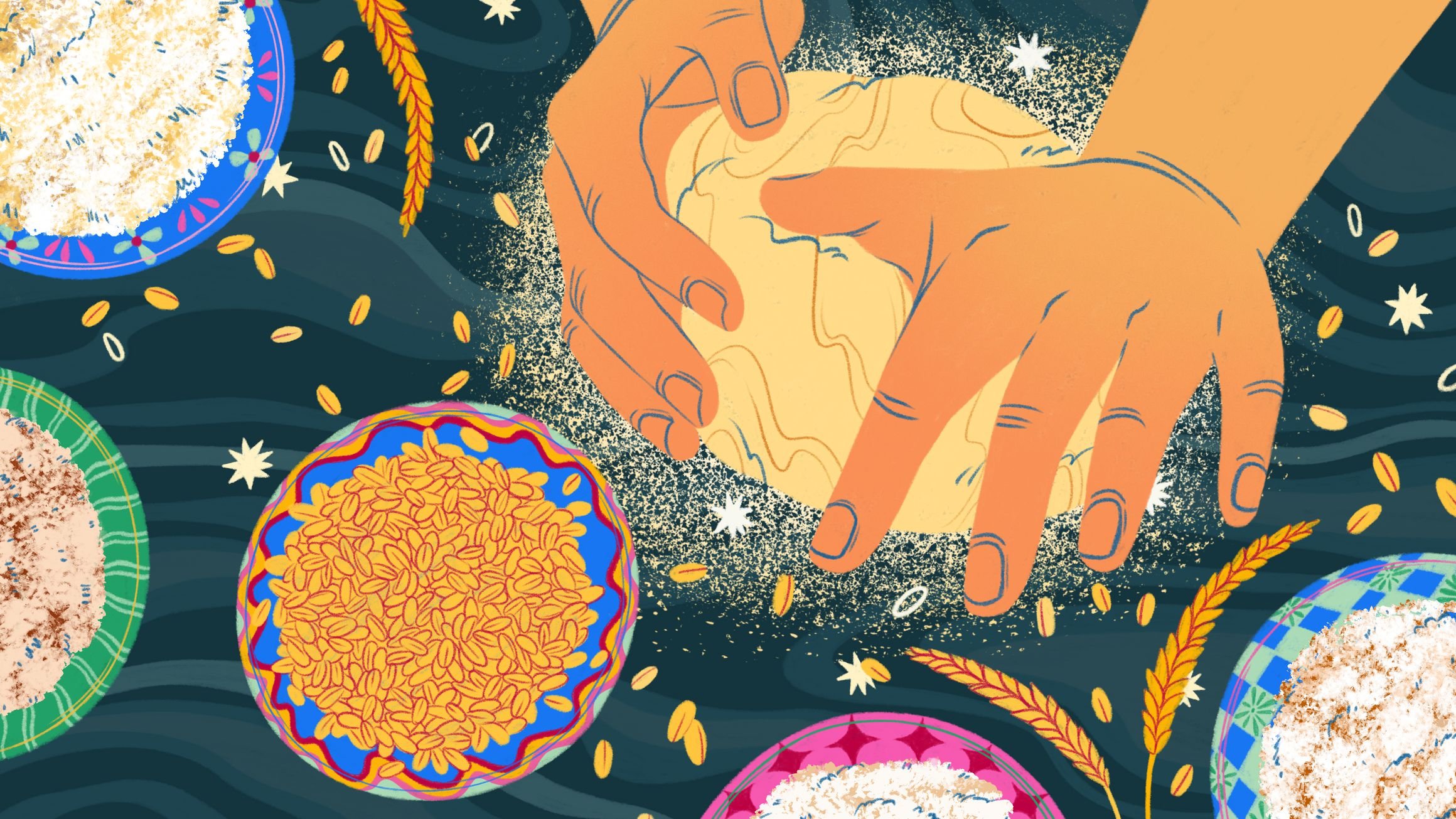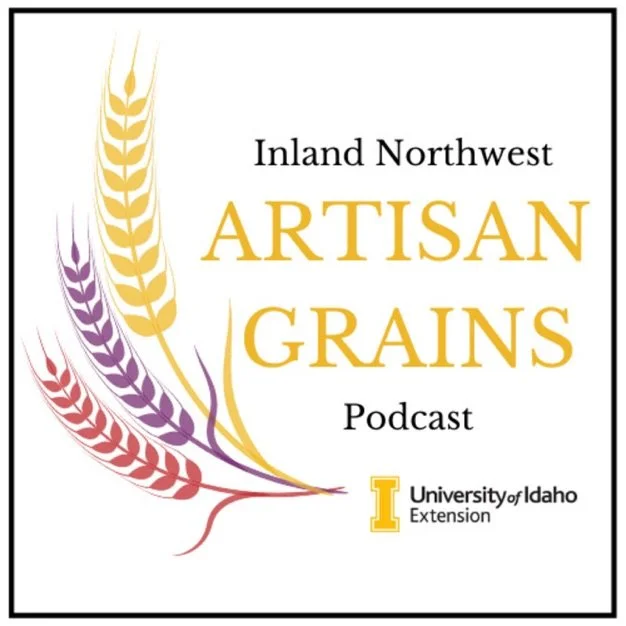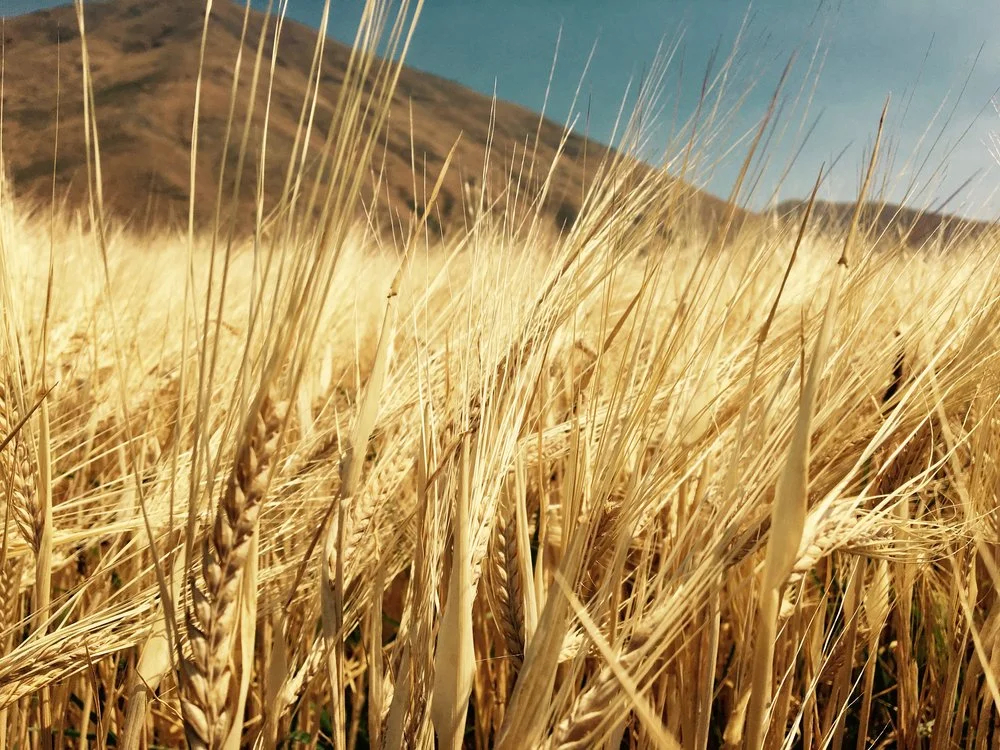potassium bromate…flour conditioner?
“I can eat bread and pasta in Europe without any issues.”
Have you ever said this or heard someone else say it? Well, there is something to it.
Check out this article in Food Revolution which highlights products that have been banned or highly regulated in food in places like the European Union, Australia, Canada, China, etc. but still allowed and used in the US.
Some specifics:
Dough conditioners. Chemicals potassium bromate and azodicarbonamide are added to flour to increase rise and strength. They are possible human carcinogens and as such are banned in China, India, Brazil, Europe, and Canada. They continue to be used in the US.
Herbicides, insecticides, and fungicides. Some products in this category are banned in other countries due to risk to human safety, yet are still applied to food in the US. Namely, glyphosate (RoundUp). If your wheat was sprayed with Roundup prior to harvest as a desiccant, it may be that glyposate in your bread or pasta giving you a belly ache. Roundup was not intended for human consumption.








